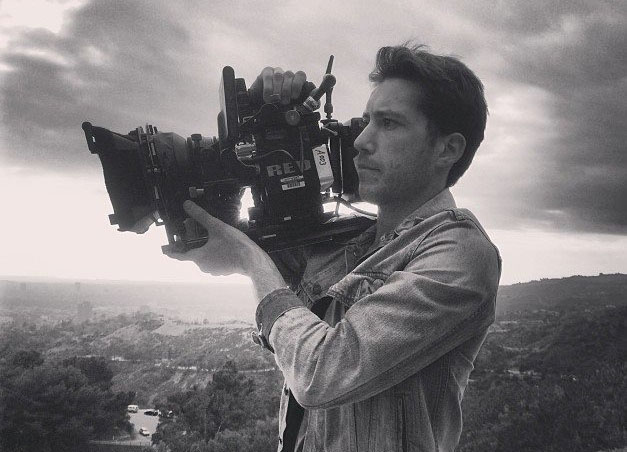
Filmmaker Ryan Oksenberg’s car waved slightly between the yellow and white lines as the road curled around the steep mountainsides of Topanga Canyon at sunset.
Ryan steered calmly along the twisting roads with a practiced air that made me feel like we were floating rather than driving. While the sun glinted off of the windshield, the red light on my recorder reflected back onto the glass. We were talking about Ryan’s latest project, at the time, on our way to a hidden beach near Malibu. He was working on a social outreach docu-series centered around phone booths that he and his friends transformed into temporary havens for Skid Row’s homeless. The series, called Life Line Booth, had just sold to the network Pivot and was about to air on TV. That was nearly three years ago. Ryan has since moved on from Life Line, although his interest in telling unique and forgotten stories has carried over to his new projects.
Ryan has a kind of irrepressible energy that spurts out at random moments, forcing everyone to stop and appreciate a song, a moment, or a particularly hilarious thing someone else said. Ryan appreciates and supports others with an infectious joy and excitement. He can talk unendingly about the music and movies he loves, about the aged American dreams of the Old West or Easy Rider…about whatever he may currently be into, and by the end of the conversation, you’ll find yourself joining him in his passion, ablaze with new ideas. Wadda babe!
That energy and passion also makes him push himself beyond all imaginable limits. When we were in college together, I would often run into Ryan in the streets of downtown Chicago early in the morning, and he would tell me of the long night he spent editing his (jaw-droppingly incredible) feature-length documentary film, Cease to Exist–the story of Charles Manson’s relationship with The Beach Boys’ Dennis Wilson.
In 2008, after he graduated, the Toronto native moved to LA to follow his passion and now supports himself by making short films and documentaries and writing screenplays. In-between projects, he leaves the city behind for epic adventures in the surrounding desert. Charlie hasn’t really left him, either. In the midst of our interview last week, Ryan had to pause to screen a call, in case it was from Manson himself.
“I had a dream in August that I filmed him playing guitar in prison, and so I wrote him for the first time. Two months later, he called me,” Ryan told us. “He’s a lonely old man now. He called me three days in a row last week. During Thanksgiving dinner! I had him on speaker with my friends…it was so twisted.”
Join us as we talk to Ryan about his many projects, what he’s learned along the way about love and following his passion, and how he keeps going in an incredibly competitive industry.
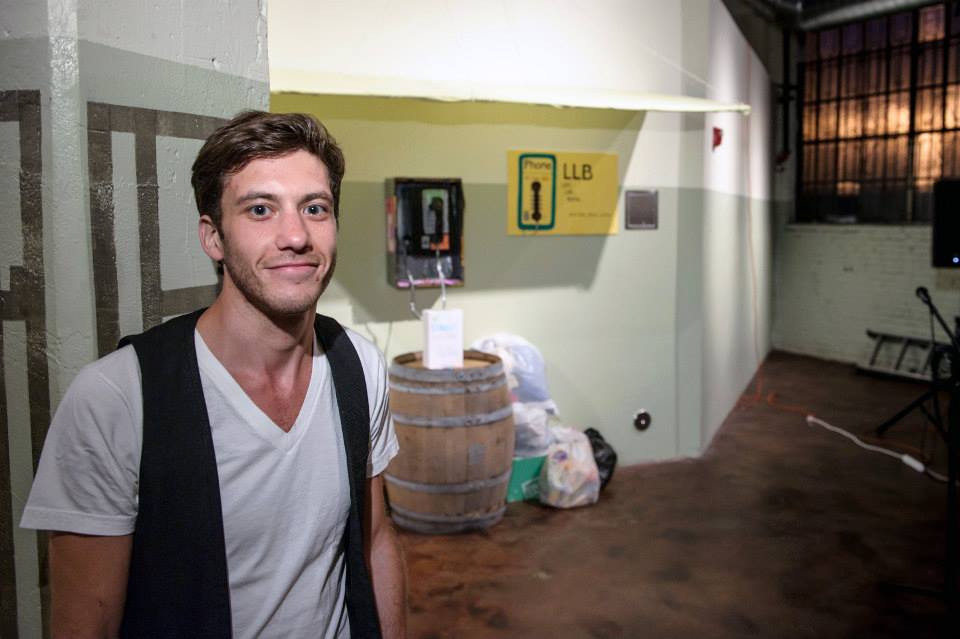
Ryan collects donations at Angel City Brewery for Life Line Booth
When we talked a few years ago, you were working primarily on Life Line Booth. Can you tell us a bit about that project?
We set up donated items and outlets of expression, like blank canvases and message boxes, by a phone booth in Skid Row in the middle of the night. It comes down to the imagery of the phone, and the idea that there’s someone to listen on the other side of the line.
There’s sort of this prison mentality in Skid Row where people keep to themselves because everyone’s living in the moment of survival—day-to-day survival, moment-to-moment survival, so it’s often difficult to talk to someone about your feelings. Being there to listen, to hear people out is what I want those who interact with the booths to get from it—that there are people that still care. If you distilled the idea of Life Line Booth, it would be: do something for someone other than yourself every day, and engage with people you wouldn’t usually engage with.
The end of the sixties marked the end of the love generation—the hippie movement—because we started to fear hippies due to events like Altamont and the Manson murders. In the 80s, free love died because you could get AIDs, and now I think in our generation, we’re afraid to be uncomfortable or offended and afraid to get out of the bubble of our phones. You can’t trust your neighbor, either. It’s scary to go into a fucking school. Therefore, it’s especially hard for people to go to the extreme and interact with people suffering from mental illness or addiction who have been discarded onto the streets. But those people have a lot to say.
Film will forever preserve people’s stories and lives. That project was a way for those people to get their stories out there in a way that they might not have been able to otherwise. They may have made mistakes, but they’ve learned something and can share it with others. We can learn from their wisdom.
The dream or the original intention was for people to copy it; for people to make Life Line Booths of their own and tell the stories of other destitute areas in other cities across the world. For others to do little gestures, like setting these up, to help shed light on these communities and encourage people to not be afraid and help out. People have written to me that they were going to do it in their city, but that never happened, to my knowledge.
What originally inspired the idea?
There’s a three-part answer to that. The first is the least significant. When cell phones first came out, around grade seven or eight for me, phone booths started to become prehistoric as they are now, and I felt bad for them. There was this rumor spreading around then—I don’t know if it was a global thing, but it was in Toronto—that people were leaving needles with strains of HIV in the change slots of pay phones, so when you went to retrieve your quarter, you’d get pricked and fucked forever. But it was just a rumor. I didn’t get a cell phone until first year of university. For whatever dumb reason, I championed the underdog and would still use pay phones, and I wanted to turn them into something pretty.
The second part of the answer is that in May 2012, I was biking down Hollywood with about 40 pounds of groceries on my back, and there was a truck parked in the red zone. The door opened, and I had zero reaction time. I smashed into the door. The glass shattered. I got flung into another lane, and someone picked me up by the collar of my shirt as blood was spurting out of my arm and sat me by the curb. He took his shirt off and threw it on my arm. I was so out of sorts. The guy whose car it was moved it to a legal parking spot before the cops came, and there wasn’t much proof of where he’d been other than this guy who, as I later learned from the police report, lived on the streets. He testified on my behalf, and I was able to get the driver’s insurance to cover the $10,000 in medical fees I couldn’t otherwise afford. This guy didn’t have to do that. I knew I had to pay that forward in some way.
The third part of the answer is that I took a road trip from my dad’s place in Florida to Graceland. On our way, we saw this shantytown in Tyrell, Georgia, with a giant peanut factory looming over it. We decided to get off of the highway and see what it was about. There was no electricity there, and it was brutally hot, ants swarming the porch posts, so all of these families were hanging out outside. My dad started going around the neighborhood and talking to people, handing $20 bills out to everyone and brought back pizzas. I still don’t know entirely who my dad is. He doesn’t express himself with words, only actions, and often his actions are very surprising because there’s no build. They just happen. That gesture on his part also inspired me to do Life Line Booth. I wanted so much to learn about these people and help them in some way.
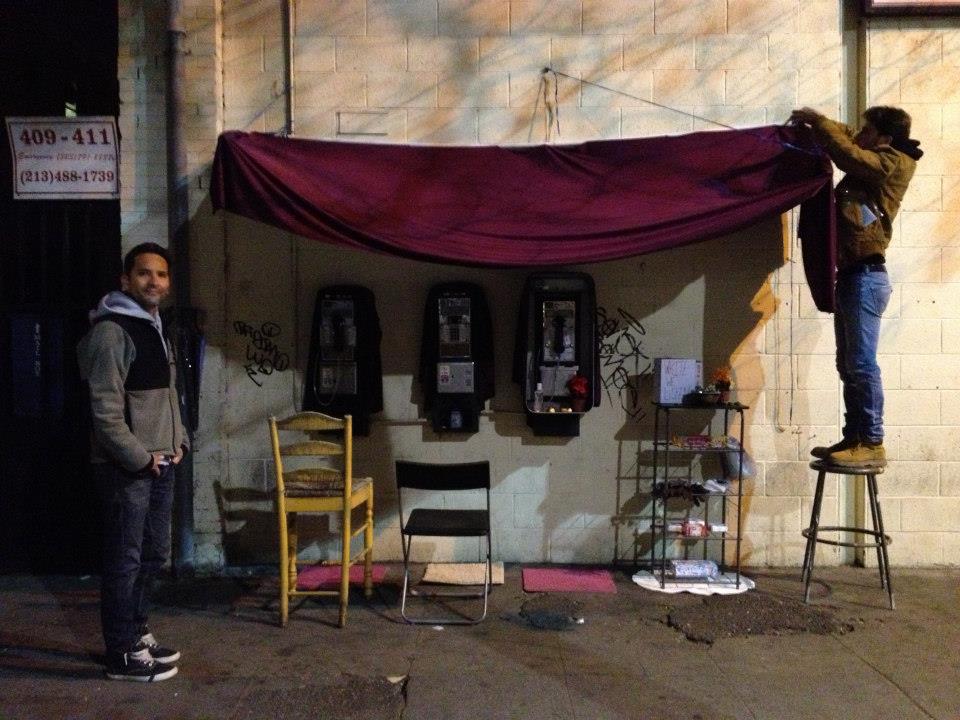
Ryan sets up a Life Line Booth in Skid Row
Pivot decided not to continue airing Life Line Booth, right? Was that just a natural end to that project for you? Has it led to similar work or projects?
I pitched a second season. We had all of these things lined up for it with women’s centers in LA and San Francisco, but Pivot said they didn’t have the budget for it.
I haven’t set up a Booth in awhile, but I’ve been shooting documentaries for St. Francis Center, which is in Skid Row. The center provides support and relief for the homeless and low-income families.
You’re also working on a screenplay for a movie adaptation of The Whip by Karen Kondazian. What is The Whip? Why are you excited about that project?
The Whip is inspired by the true story of a woman named Charlotte “Charley” Parkhurst who disguised herself as a man in the Old West to track the killer of her family. She became a famous stagecoach driver for Wells Fargo.
What excited me about the project was writing sort of an anti-western. One told through the lens of a woman. A dynamic, flawed, badass heroine of the 1850s. Remember, this was a time when women had three choices: to become a teacher (if you had the money), a prostitute, or a housewife.
I also connected to the material thematically. How people tend to develop masks as a defense mechanism. Then we use that mask so much, whenever we’re confronted with the same type of conflict that created the mask. We end up hurting ourselves more.
How did you and Karen meet? What is it like working together?
I was working part-time for a playwright. She recommended me to Karen, and then Karen basically stole me from her. Karen trusted me, and in March 2013, I spent three months writing the first draft of The Whip. We’ve spent the last two years re-writing it and getting notes. We’ve attached a director, and we have a great agent sending it to an exciting list of actors and actresses.
I didn’t realize going into this assignment how difficult it would be for an author to part with their source material, which is something that naturally has to happen when adapting a literary piece for the screen. Often the story is refocused, one theme is chosen, and scenes are omitted or added. You just can’t get away with sprawling interior monologues, no matter how eloquently written they are, in the medium of film. When I presented her the first rough draft, something I am honored she gave me the opportunity to do without any interference, she didn’t leave her room for days!
There was one big lesson I learned. Moment-to-moment logic in screenwriting. Karen’s acting teacher, Lee Strasberg–who also taught James Dean and Marlon Brandon–taught her that some forty years ago. She taught me to apply acting methods to writing in order to follow the character’s emotional logic.
Despite our crazy arguments, there’s a friendship and a love there that can’t be broken, and we agree more and more as more people get their hands in the pie. When we sit and take notes, we’re more than allies at that point. I’m happy for the opportunity. I know something is going to come of it.
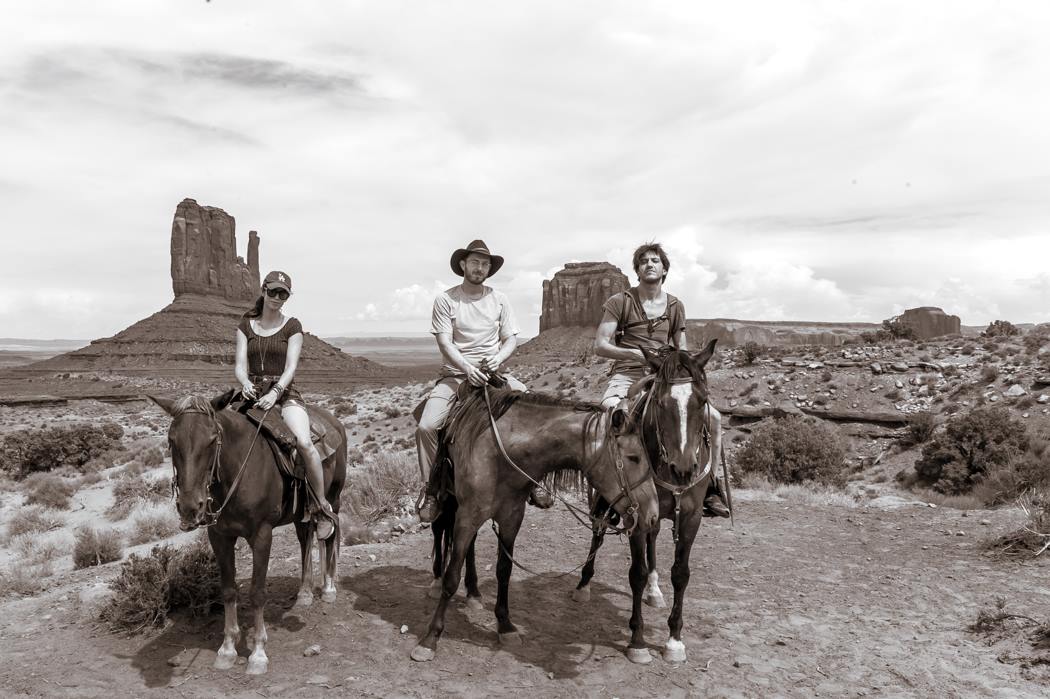
I previously interviewed you in 2013. Since then, what are some of the big milestones that changed you? What’s different in your life?
I value time more. I’ve opened myself up to love and sharing my feelings with others and not being afraid to say things like, “I love you.” I treat my body better. [Laughs] I’m more and more sensitive to callings. If you really want to do something, just do it. Because once you turn around, it could pass. That sounds a bit cliché, but…just fucking say it if you’ve got to say it, or do it if you’ve got to do it.
In a business situation, even though I would never be considered based on where I am right now to direct The Whip, I would say in the meetings that I want to direct it. Because we are getting meetings with people who are operating on a pretty high level, and I want them to know what I want to do. Some years ago I’d be too timid to do that.
So it’s about not being afraid of sharing with people what you want to do because you’ve got to focus on that, or else you’re going to lose track. Everything should somewhat be pointing to something.
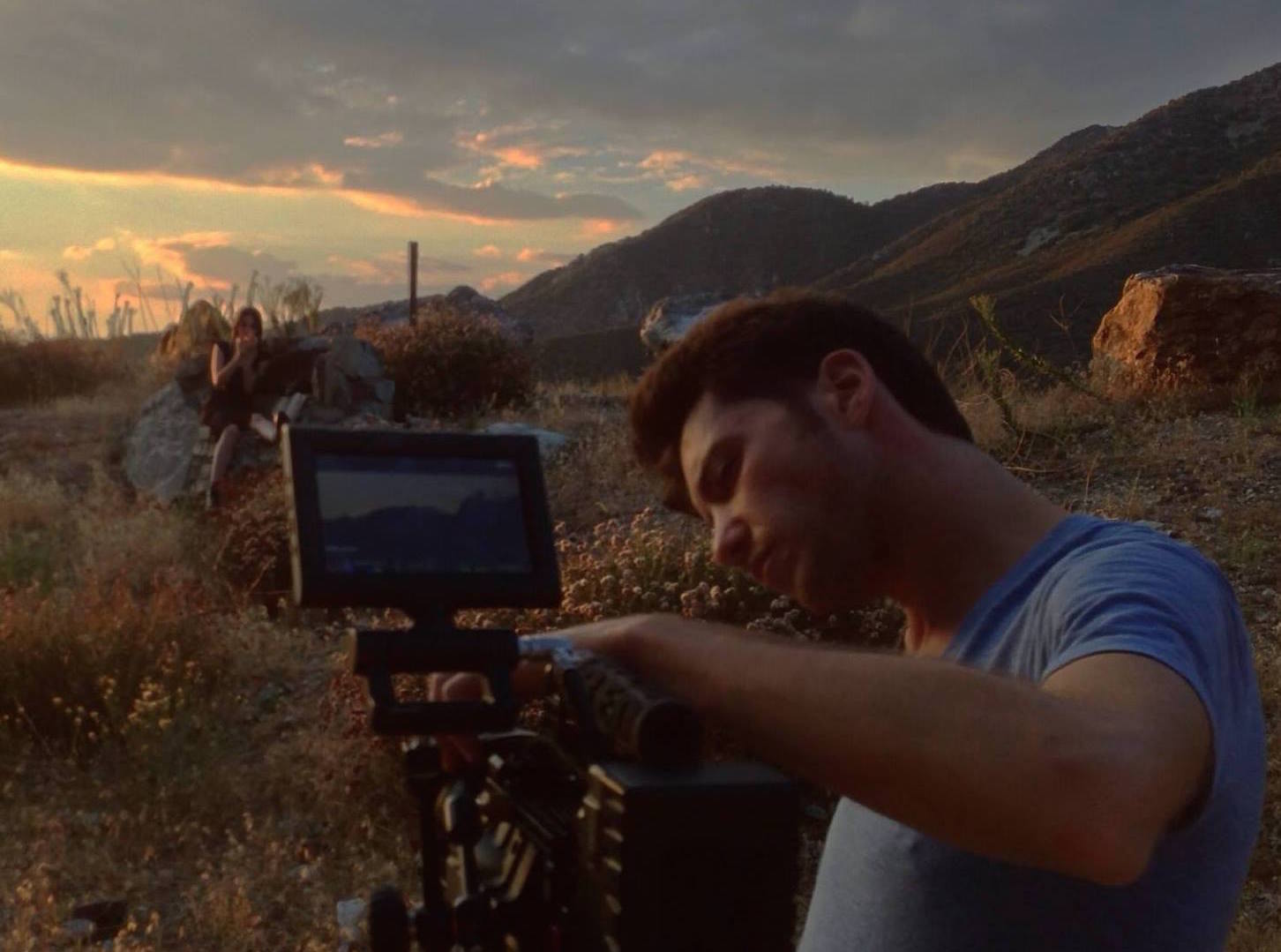
As you focus on your goals, have they or your approach to achieving them changed? Or are you just more committed to what you originally wanted?
I didn’t know I’d be asked to make all of these documentaries, like a documentary about an organization that helps foster youth transition out of the system. The old me would say that didn’t have anything to do with making movies. Well, it actually does. It’s about telling stories. That helped prioritize things for me.
I used to be so rebellious about everything. I’m pitching things now to online production companies that represent YouTube stars–something that I would have cringed at before. But it’s my material and my vision, so can I really be selling out based on the medium in which the story is told? I believe your voice as an artist will strengthen as a result of putting yourself into the unknown.
You also mentioned that you learned a lot about love and not being afraid to say “I love you.” How did you get past that fear?
Well, I’ve been in love before. I’ve felt it, and it was a hard thing to say to someone other than my mom, my sisters, or my bubbie. But it had been at least five years since I felt that. Dating in 2010, there was OK Cupid, and by 2013, there was Tinder, and I felt more and more disconnected. You keep meeting these people who, yeah, you put the time and effort to go on this date, and you want to be compatible with, but you’re not. Or even if you think you are, the other person doesn’t see it the same way. And just being…disillusioned by the swipe mentality. It began to feel like you and everyone else was disposable because there was always something better.
Then comes along a feeling for the first time in forever where you don’t even have to try with the person. You just feel it, and you don’t have to play the games. You don’t have to worry if they’re going to text back or how long you wait…I felt something and didn’t have to think about it, wasn’t worried, and just rolled with it, and I felt this person was, too. Two or three months in, the “L” bomb was dropped on me. She said it to me and said, “I know you do too. I’ve seen it on your face. Just say it. Don’t be afraid.” And I did.
Woah, what a baller! I like her. Where you are now, what does love look like to you?
I think the concept of loving someone is beautiful and insane, and I want to believe in the possibility of it being eternal. When I was doing some photography for Karen in Europe last year, I had the pleasure of seeing elderly couples that were still in love and held hands and danced together and were seeing new places together. That made me believe.
Did you ever have a moment of self-doubt, and how did you get over that?
Yeah, especially when your material is getting rejected, you have to keep the last good thing that happened to you in your back pocket at all times. You have to stretch every piece of positive news, sometimes very thin. That’s how I keep going.
My parents were cool, but they said, “Get the fuck out of the house or get a job” when I was 16. They taught me this work ethic, so I feel bad if I don’t output something, but now I want to output something that’s completely true to me. Quentin Tarantino said something like, “When I submit a script, and I’m not a little embarrassed about it, then I know it’s a failure because I didn’t put myself into it.” I use that and inspire myself by reading and watching other filmmakers behind the scenes and surrounding myself with a good network of encouraging people. Everyone’s so competitive here, but if you find cool people you can collaborate with and respect, that keeps me going, too.
I know I’m getting closer to something, and I have to enjoy that, but at the same time work extremely hard on it.

Do you consider yourself successful, and how do you define success?
Right now, my success is based on the fact that I’m able to tell stories through screenwriting, directing film and documentaries…and I have my fridge open and I see food in it. I’m able to support myself through my creative work. Things aren’t skin tight. I have what I need, that’s for sure, and a lot of people don’t have that. And there are people that are interested in what I do next. I consider that success.
There’s an often prevailing part of me that says, “What you’ve done isn’t enough,” and that fuels me to work harder, open myself up more…sleep less. I want to make what I want to make and be in a situation where people are commissioning my ideas and films and funding them…which is happening. Not necessarily exactly as I had imagined, but in the same family.
I also just want to live a happy life. I spent a lot of time saying no to people and no to fun. I don’t feel like I’ve missed out on life. I’ve had my own adventures, and when I have my free time, I’ll fucking go all out. But I’ve been learning to value my happiness more, too. You can’t work and be productive if you’re not happy, and that’s another thing success is: finding that, and making sure you’re not doing something just for success but because you want to and it makes you happy. You’re not forcing something. The minute you force something, you’re fucked. It’s not going to be good, especially in any sort of art-making context.
You can see more of Ryan’s films on YouTube and Vimeo, including his feature-length documentary on the connection between Charles Manson and The Beach Boys, Cease to Exist. Follow Ryan’s adventures behind the camera and in the desert via Instagram.

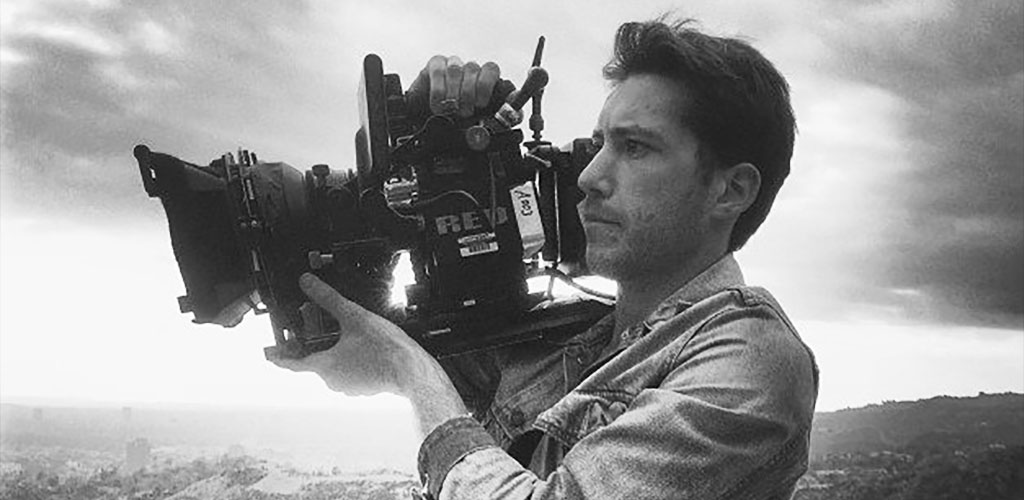
mary
Posted at 02:53h, 10 DecemberSt francis of assisi video and the online dating, hammer on the nail. I’m in love!